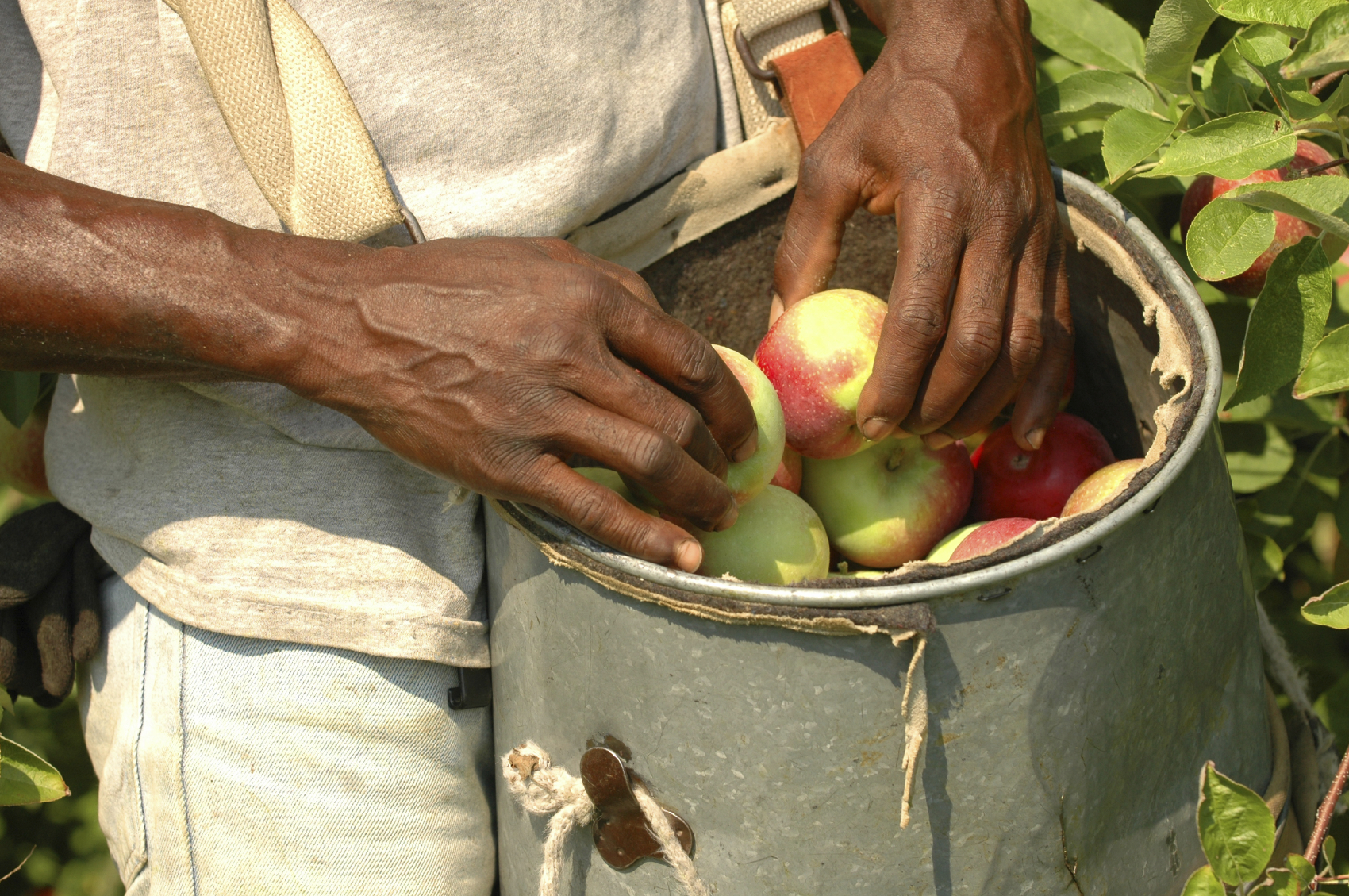Most Canadians support the need for foreign workers, states a new study, which is being used to push for pathways to citizenship or permanent residency for temporary migrant workers across all sectors.
Leading the charge is Senator Ratna Omidvar, who plans to move a motion during the next Senate sitting in February, calling on the government to provide a way for temporary foreign workers to remain in Canada.
“In light of a recent Nanos poll demonstrating strong support amongst Canadians to provide a way for temporary foreign workers to remain in Canada, the Senate call on the Government of Canada to create pathways to citizenship or permanent residency for essential temporary migrant workers across all sectors; and that the Senate call on the Government of Canada to table a status report on this issue within 100 days of the adoption of this order,” her notice of motion reads.
In 2018, 46 per cent of new economic immigrants were former temporary foreign workers—up from 8 per cent in 2000, Statistics Canada reports. Over the 2000-to-2018 period, the number of temporary foreign workers in Canada went up from roughly 60,000 to 429,300 people.
Each year, approximately 60,000 temporary foreign workers come and work on farms across Canada, stated the new poll by Nanos, commissioned by Senator Omidvar and Senator Rob Black to conduct research on the role of temporary foreign workers in the agricultural sector.
The key findings of the study, include:
- More than eight in 10 Canadians would support (40 per cent) or somewhat support (41 per cent) providing a way for temporary foreign workers to remain in Canada. Support is strongest among Atlantic Canada residents and weakest among residents of the Prairies;
- A majority of Canadians agree or somewhat agree that temporary foreign workers are essential contributors to the agricultural sector in Canada and that they should be entitled to the same benefits and protections as any other worker, with the strongest agreement among residents of British Columbia;
- Over eight in 10 Canadians say federal programs like the Temporary Foreign Worker Program and Seasonal Agricultural Worker program have a positive (48 per cent) or somewhat positive (36 per cent) impact on Canada’s agricultural sector.
- Nearly all Canadians say the agricultural sector is an important (76 per cent) or somewhat important (21 per cent) contributor to Canada’s economy. Quebec residents are less likely to say this is important (58 per cent) than residents of other provinces and regions.
Worker protections
In light of the heightened labour market challenges triggered by the COVID-19 pandemic, Canada has already implemented new temporary immigration policies to make it easier for both prospective employers to hire foreign workers in Canada, and for foreign workers already in Canada, to work.
They include allowing some visitors who are already in Canada to apply for and receive a work permit without first exiting Canada; allowing essential workers to be exempted from the requirement to give their biometrics before coming to Canada; allowing temporary foreign workers who are already in Canada to more quickly change to new jobs while their work permit application is being processed and allowing employers in the agriculture, food processing and food supply industries to fill labour shortages without being subject to the Labour Market Impact Assessment (LMIA) minimum advertising requirements.
The Canadian Labour Congress (CLC) in welcoming the temporary policies, said the federal government needs to offer a pathway to permanent residency to all migrant workers who wish to apply.
“The option to apply for permanent residency should be available to migrant workers in all sectors,” said Hassan Yussuff, CLC President.
“The pandemic has shown that migrant workers provide essential services. All migrant workers deserve the opportunity to stay in Canada and to have their human and labour rights protected, just as any other worker.”
During the initial quarantine period earlier this year, migrant workers reported wage issues, food insecurity and a lack of required public health measures in their accommodations. By the month of November, nearly 2,000 migrant workers on farms across Canada had fallen ill with COVID-19, and three had died, the CLC said.
“The federal government must also ensure that migrant workers have comprehensive worker protections to prevent exploitation, abuse, mistreatment and discriminatory workplace policies,” said Yussuff.
“These workers have been doing critical work throughout the pandemic to keep our families and communities safe and cared for, while they faced instability, insecurity and unfair working and living conditions. It’s past time for their efforts to be recognized and valued.”
Correction: An earlier version of the story referred to Senator Rob Black, instead of Senator Douglas Black. Sorry
A multiple-award winning journalist, Fabian Dawson is an internationally acclaimed author, filmmaker and media expert. His work over the last four decades spans the globe and he also serves as a consultant/strategic advisor to a variety of international companies. As deputy editor-in-chief of The Province, part of the Postmedia chain, Dawson led initiatives within a special publications group to provide directed content for a variety of organisations. He was named the 2019 recipient of the Bruce Hutchison Lifetime Achievement Award at Jack Webster Awards. Dawson has been invited by the governments of India, Malaysia, Taiwan, China, Hong Kong and the United States to act as a media observer/advisor on a variety of Asian-Canada issues. Dawson, now operates FD Media, which specializes in harnessing editorial assets to revenue generating opportunities.





